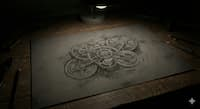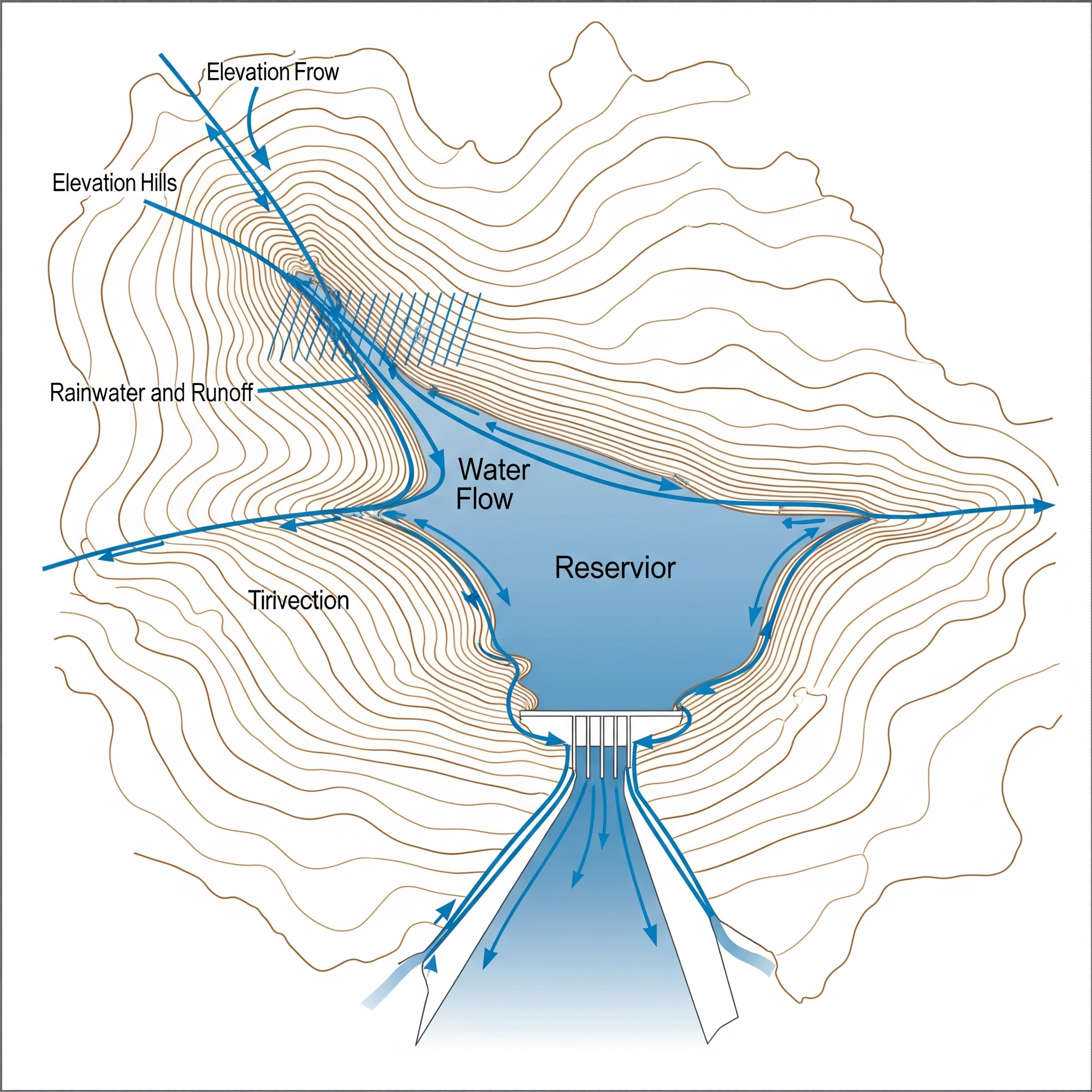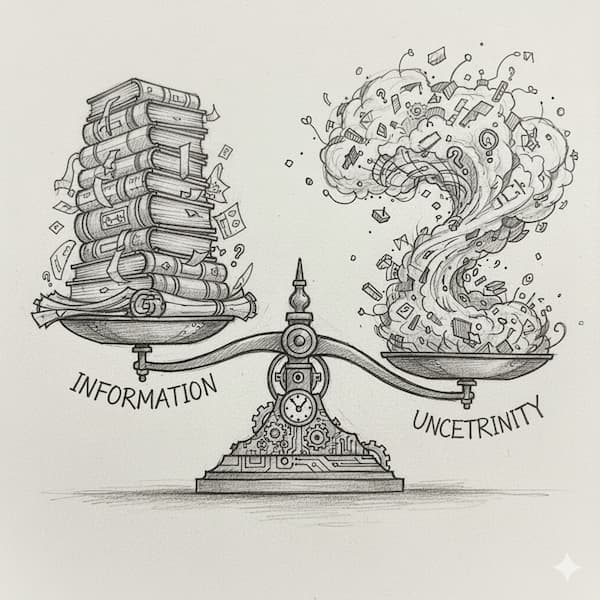What's your cog ratio?

The "cog ratio" is a metaphor for how much an individual's work on a product directly translates into a better user experience. While everyone on a team contributes, roles further from direct product development—like management, HR, or infrastructure—can feel disconnected from the end-user. What is our own "cog ratio" and how effectively will our efforts truly drive meaningful change for the people we serve?
Optimal line-length for publishing on the web
An Intuition on Shannon Entropy
Unsung Team Roles: Incentives
For a team to succeed, it needs the flexibility to self-organize, which can lead to some members taking on more work. To avoid burnout, these extra contributions must be rewarded. Good managers are key, as they must recognize individual efforts and their team-wide impact. Well-designed incentives foster collaboration and reward those who strengthen the team, while poor incentives cause employees to stick rigidly to their roles and let the team fail.
Unsung Team Roles: Ode to Glue People
While managers may be constrained in their communication, special individuals create unofficial channels where team members feel safe to share information. Acting as social hubs or "speakeasies," they foster trust and enable the free flow of timely, factual information, which helps colleagues make better decisions and navigate turmoil. Despite their critical function in preventing team collapse and reducing isolation, this "glue work" is typically not formally recognized or compensated.
Unsung Team Roles: Soft Roles as Organizational Cross Beams
Leadership is fallible and imperfect. Soft roles emerge as they are needed to account for various team roles that are needed but not formally defined. Some of these roles help teams function, and some others act as crossbeams that hold an entire organization together.
Unsung Team Roles: Emergence of Soft Roles
In any team, the roles people play are not as rigid as they seem. Over time, people naturally settle into "soft roles" that are not explicitly defined but are crucial for a team's success. This is a look at the organic, and often unsung, ways that successful teams actually work.
Draining Our Intellectual Catchment Areas

Intellectual catchment areas are collaborative ecosystems between universities and industries that attract talent and ideas. The United States became a hub of intellectual capital after World War II, thanks to a combination of industrial growth around universities, significant research funding, and favorable immigration policies.
The current political climate is jeopardizing these ecosystems. Continued threats against universities and immigration could undo a century of progress, ultimately depleting the nation's source of creativity and innovation.
Structure Of Experience: Act III: Flame
The map is not the territory. A picture of a flame is not a flame. A description of a neural network is not a brain. A simulation of thought is not a consciousness.
Structure Of Experience: Act I: Meaning
Language builds meaning by combining your inner experiences.

